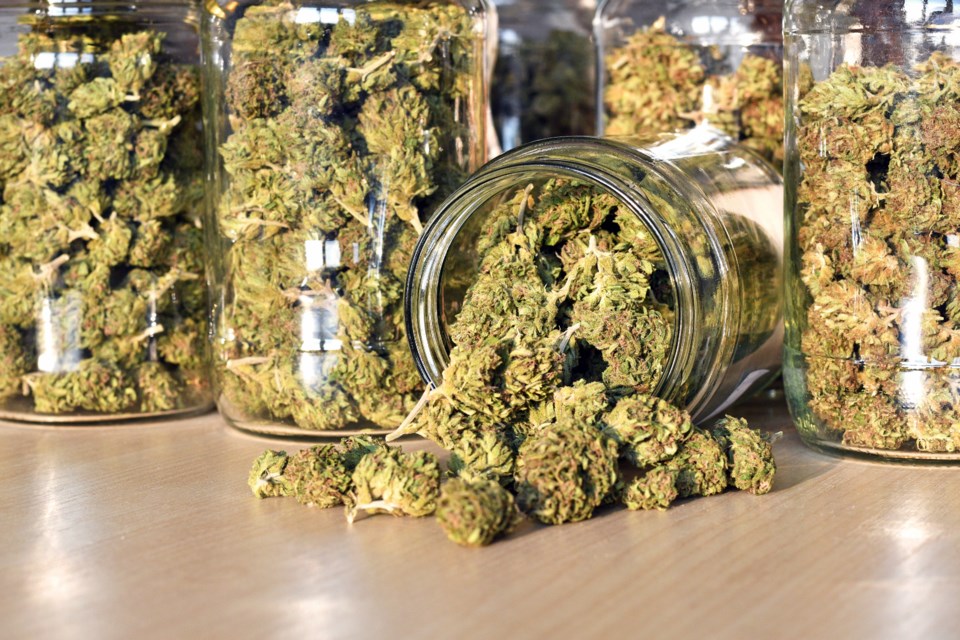Prince George is now ready for legalization as the city has finally approved its cannabis related bylaws.
At its regular Oct. 15 council meeting, only two days before the Oct. 17 legalization date and the last meeting before the Oct. 20 civic election, the city approved three bylaws amended to add cannabis-related regulations.
The bylaws (No. 8974, 8975, 8976) were unanimously approved by council, but questions about when shops would begin to open up remained.
“What are the timelines when this passes and becomes legal in a couple days?” asked Coun. Brian Skakun.
Ian Wells, general manager of planning and development, answered that if cannabis retailers pass provincial regulations, they’ll apply for a rezoning application and be placed in the rezoning cue.
"With the workload it as it is now, it should take three to four months,” he says.
Now that bylaws have been approved it means that council has the ability to grant licenses for retail cannabis shops in certain commercial zones.
Council also approved the cannabis retail business license fee which they previously voted to lower from $5000 to $1000.
Pot shops will need at least 1.6 kilometres of distance between them. Each cannabis store would require a separate rezoning application, to be approved by council.
As for the production of cannabis, the city would follow the existing bylaw that that deals with medical marijuana. Properties would need to be at least 15 hectares in size and at least 150 metres from schools and parks.
Council can consider the following when they provide a resolution concerning a liquor licence or retail cannabis application:
- Location of the establishment
- The proximity of the establishment to other social or recreational facilities and public buildings
- Occupant load and hours of liquor service for liquor licence applications
- Floor plan of the retail, warehouse and delivery and proposed operating hours for cannabis retail
- The number of other similar types of uses within a reasonable distance of the proposed liquor licence and cannabis retail zone
- Traffic, noise and zoning
- Population, density and trends
- Relevant socio-economic information
- Whether the proposed amendment will result in the establishment being operated in a manner that is contrary to its primary purpose
- The impact on the community if the application is approved.



